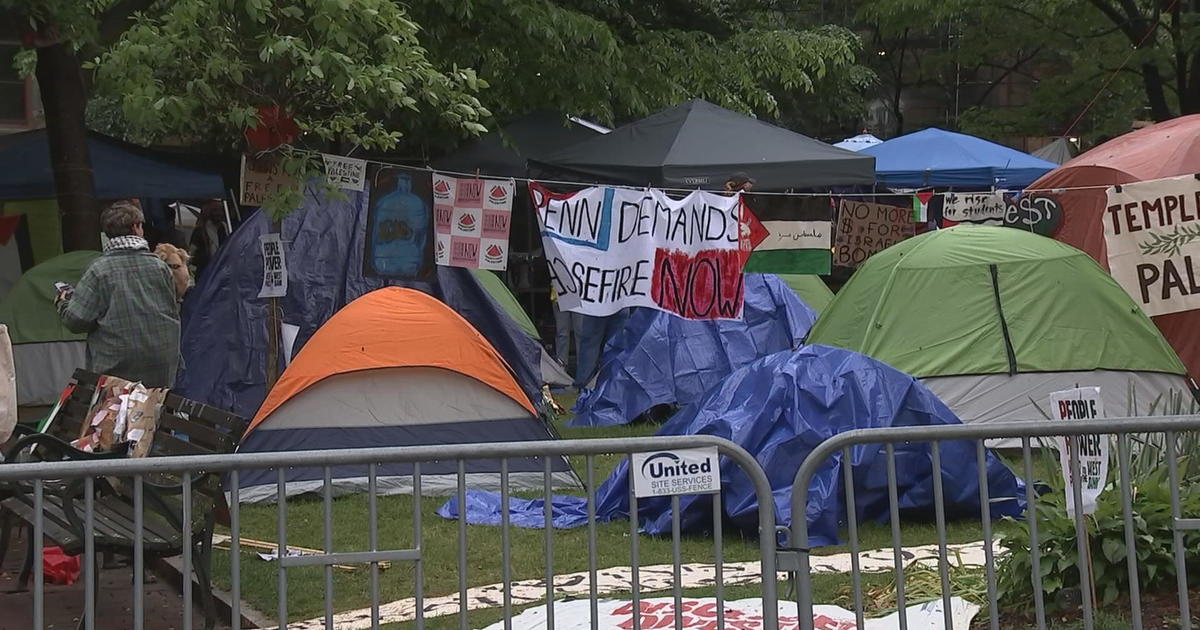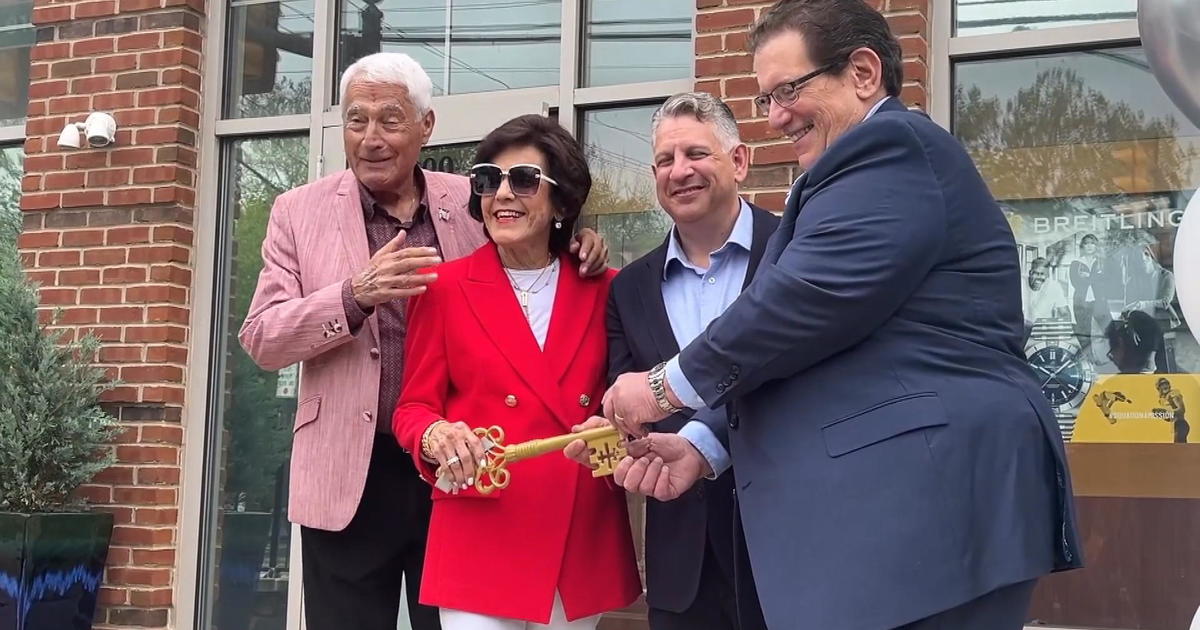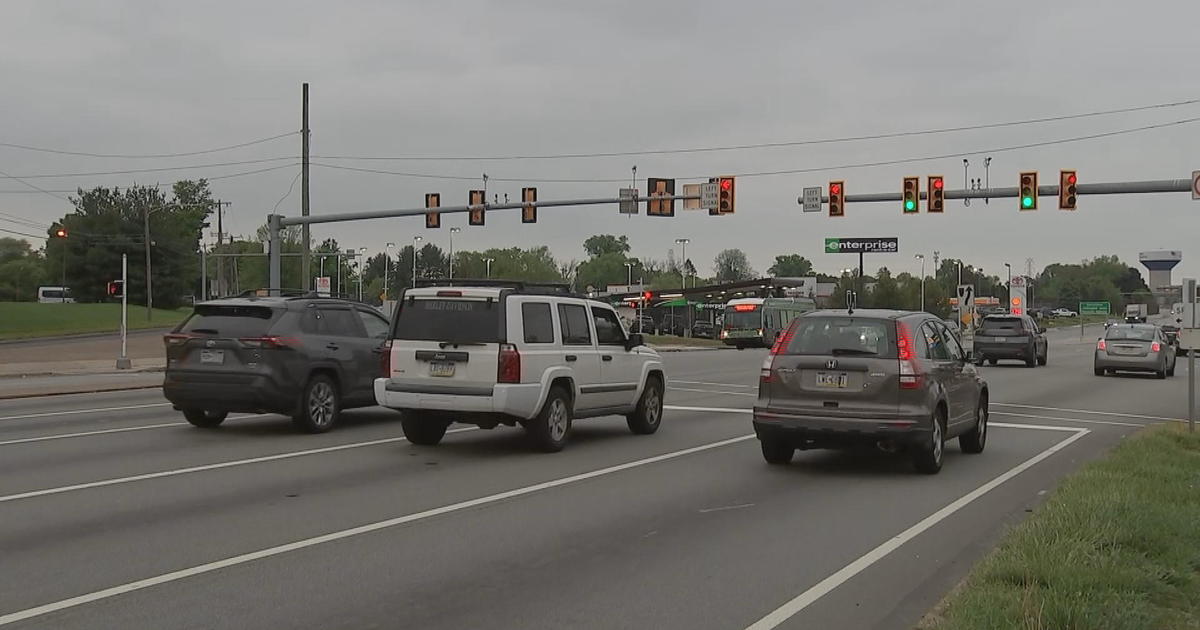Supreme Court rules in favor of former Lancaster County postal worker seeking religious accommodations
(CNN) -- The Supreme Court revived the case of a former mail carrier from Lancaster County, Pennsylvania who said the United States Postal Service violated federal law by failing to reasonably accommodate his inability to work on Sundays.
Conservatives have long sought to throw out the standard set in 1977, arguing it sets too low a bar for employers to meet when denying requests by religious adherents.
In the 1977 case, Trans World Airlines, Inc. v. Hardison, the court determined that employers could deny a reasonable accommodation request made by an employee under Title VII of the Civil Rights Act and based on their sincerely held religious beliefs if the accommodation results in an "undue hardship" on the employer.
Justices Samuel Alito, Clarence Thomas and Neil Gorsuch said the court should revisit the 1977 decision, and in January, the court agreed to take up Groff v. Dejoy.
Gerald Groff, a Christian who observes a Sunday Sabbath, started working for a rural US post office in Pennsylvania in 2012. In 2015, when the agency began delivering Amazon packages on Sunday, he was given an exemption to have that day off but was later told he would need to work Sundays. He transferred to a different post office that had not yet started delivering Amazon packages on Sunday, but when it did, he informed his bosses that he could not work that day and they began to attempt to cover his Sunday shifts by scheduling other workers for them, resulting in Groff losing his job.
Lower courts had previously sided with USPS, ruling that accommodating Groff's request would result in an "undue hardship" under the standard set in the Hardison case.
The court said unanimously that a lower court was too quick to deny the employee's request for accommodation and should take another look at the impact the request would have on the Postal Service as a whole.
ALSO SEE: USPS is hiking the price of a stamp to 66 cents in July — a 32% increase since 2019
"We think it is enough to say that an employer must show that the burden of granting an accommodation would result in substantial increased costs in relation to the conduct of its particular business," Justice Samuel Alito wrote in the court's opinion. Justice Sonia Sotomayor wrote a concurrence joined by Justice Ketanji Brown Jackson.
The law firm representing Groff said this decision strengthens legal protections for employees seeking religious accommodations, such as schedule changes to observe holy days, adding that the landmark victory affects employment rights at every workplace with at least 15 employees in every state in the country.
"This is a landmark victory, not only for Gerald, but for every American. No American should be forced to choose between their faith and their job," said Kelly Shackelford, President, CEO, and Chief Counsel for First Liberty, who is representing Groff. "The Court's decision today restores religious freedom to every American in the workplace. This decision will positively help millions and millions of Americans - those who work now and their children and grandchildren."
"I am grateful to have had my case heard by the U.S. Supreme Court and that they have decided to uphold religious liberty. I hope this decision allows others to be able to maintain their convictions without living in fear of losing their jobs because of what they believe," Goff said following the ruling.



